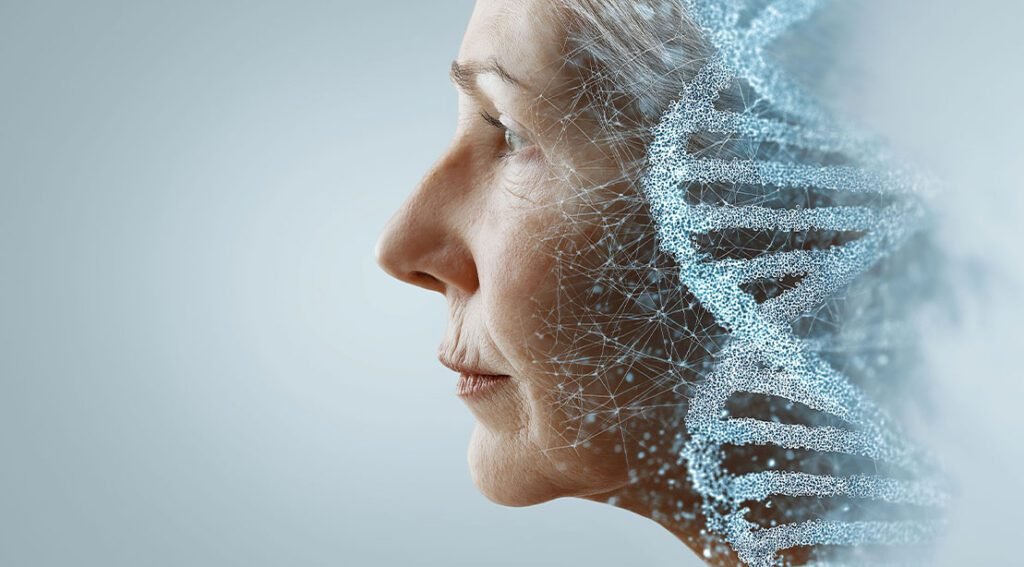Discover the Anti-Aging Power of Exercise: A Study on Epigenetic Aging
Many fitness enthusiasts hit the gym with the goal of looking and feeling younger. A recent groundbreaking study from Tohoku University in Japan has revealed that intense physical activity can do more than improve your appearance; it may also reverse age at a molecular level.
Understanding Epigenetic Aging
What is Epigenetic Aging?
Chronological age simply measures the number of years you’ve lived. In contrast, epigenetic aging evaluates how your cells and tissues respond and adapt as you grow older. This process occurs through changes in our DNA that can be monitored by what scientists term “epigenetic clocks.”
The Connection Between Exercise and Aging
The research team, led by Takuji Kawamura, delved into existing studies and confirmed that exercise is crucial for aging gracefully. Moreover, they pinpointed specific types of exercise that optimize these benefits.
The Best Types of Exercise for Longevity
Key Findings from the Research
-
Resistance Training: Both mice and human trials showed that weight training effectively slows down the aging process at a molecular level. As stated in the study, “Maintaining a high level of physical fitness delays epigenetic aging.”
-
Structured Routines: General physical activities like walking or household chores are beneficial, but structured and goal-oriented exercises yield better results.
“Structured exercise routines that are repetitive and goal-directed appear to have the most dramatic effect on slowing down epigenetic aging,” the study concluded.
Impact on Human Subjects
Notably, previously sedentary middle-aged women were able to reduce their epigenetic age by two years within just eight weeks of incorporating aerobic and strength training into their routines.
Benefits for Multiple Organs
Regular physical activity does more than maintain skeletal muscle; it also offers protective effects on vital organs like:
- Heart
- Liver
- Fat Tissue
Research shows that Olympic athletes exhibit slower epigenetic aging than non-athletes, further confirming the link between long-term, intense physical activity and anti-aging benefits.
Why You Should Start an Exercise Routine Today
Health Benefits of Exercise
Engaging in regular physical activity supports various aspects of health and well-being, including:
- Improved Endurance
- Enhanced Muscle Mass
- Better Heart Health
Getting Started
If you’re new to structured exercise, consider starting with:
- Aerobic Activities: Such as running, cycling, or swimming.
- Strength Training: Focusing on major muscle groups with weights or resistance bands.
Consult with Professionals
Before starting any exercise program, consult with a healthcare provider or fitness professional, especially if you have existing health conditions.
Conclusion
The evidence is compelling: exercise not only helps you look and feel better but may also slow down the aging process at a molecular level. If you’re aiming for longevity, incorporating structured and intense workouts into your routine may be one of the best strategies you can adopt.
Explore more about the benefits of exercise and epigenetics for a deeper understanding of how physical activity can contribute to your health and vitality.
Don’t wait any longer—your future self will thank you!


